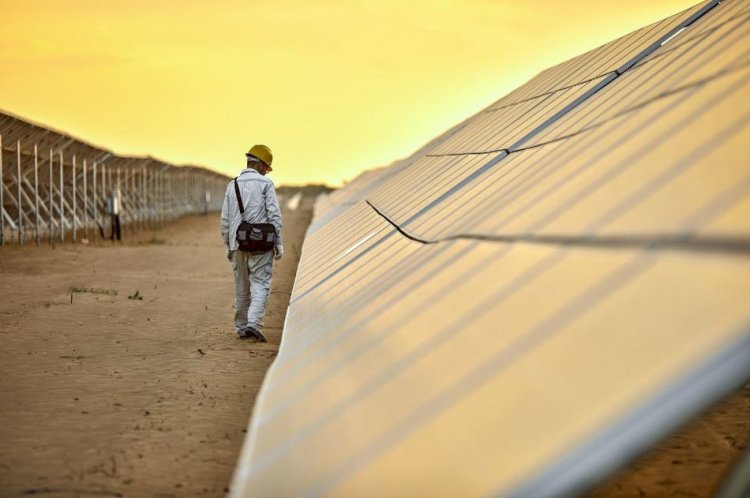Extreme Environment at UL's Outdoor Saudi Arabia Test Facility Highlights Why Proactive Solar Risk Mitigation Is Critical to PV Module Lifetimes

NORTHBROOK: Increased understanding of reoccurring weather events, such as sand, dust and hailstorms, is critical to driving future project efficiencies and extending photovoltaic (PV) module lifetimes, according to UL, the global safety science leader and one of the world's top advisors on the development, evaluation and optimization of renewable energy projects. This, coupled with deeper knowledge of extreme air temperatures and wind load, corrosivity, abrasion, hail and PV module mounting techniques, is essential if global solar owners and operators are to unlock future project performance gains. Gulf Renewables Lab, a UL- Gulf Cooperation Council (GCC) Labs joint venture, is able to evaluate PV module durability after exposure to extreme conditions at an outdoor test facility in Saudi Arabia, co-located with a state-of-the-art indoor PV testing laboratory. UL recently completed a yearlong study at the Saudi facility that provides guidance to drive future industry best practice for PV lifetime performance in extreme environments.
The outdoor test field is located in an open, sandy area, approximately ten kilometers from the sea, where temperatures range from 5 - 53 °C / 41 - 127 °F and the average humidity reaches 80%. The extreme environment of the test facility provides a unique opportunity to better understand ambient and module temperatures, deepen industry understanding of reoccurring events such as sand, dust and evaluate the performance and behavior of differing PV modules. PV modules can be monitored in real-time operation at the outdoor facility and tested at regular intervals on highly accurate indoor laboratory equipment to detect degradation in performance or safety.
"For nearly 40 years, UL has led the way in the development and evolution of global PV market certification and standards," said Colleen O'Brien, primary designated engineer at UL. "However, as the development and deployment of PV modules accelerates, and as project developers and operators seek to meet an increased power and energy demand, it's critical that standards associated with safety, quality, performance and durability of PV modules continue to improve, and help facilitate real-world PV modular reliability and practical, operational best practice.















































